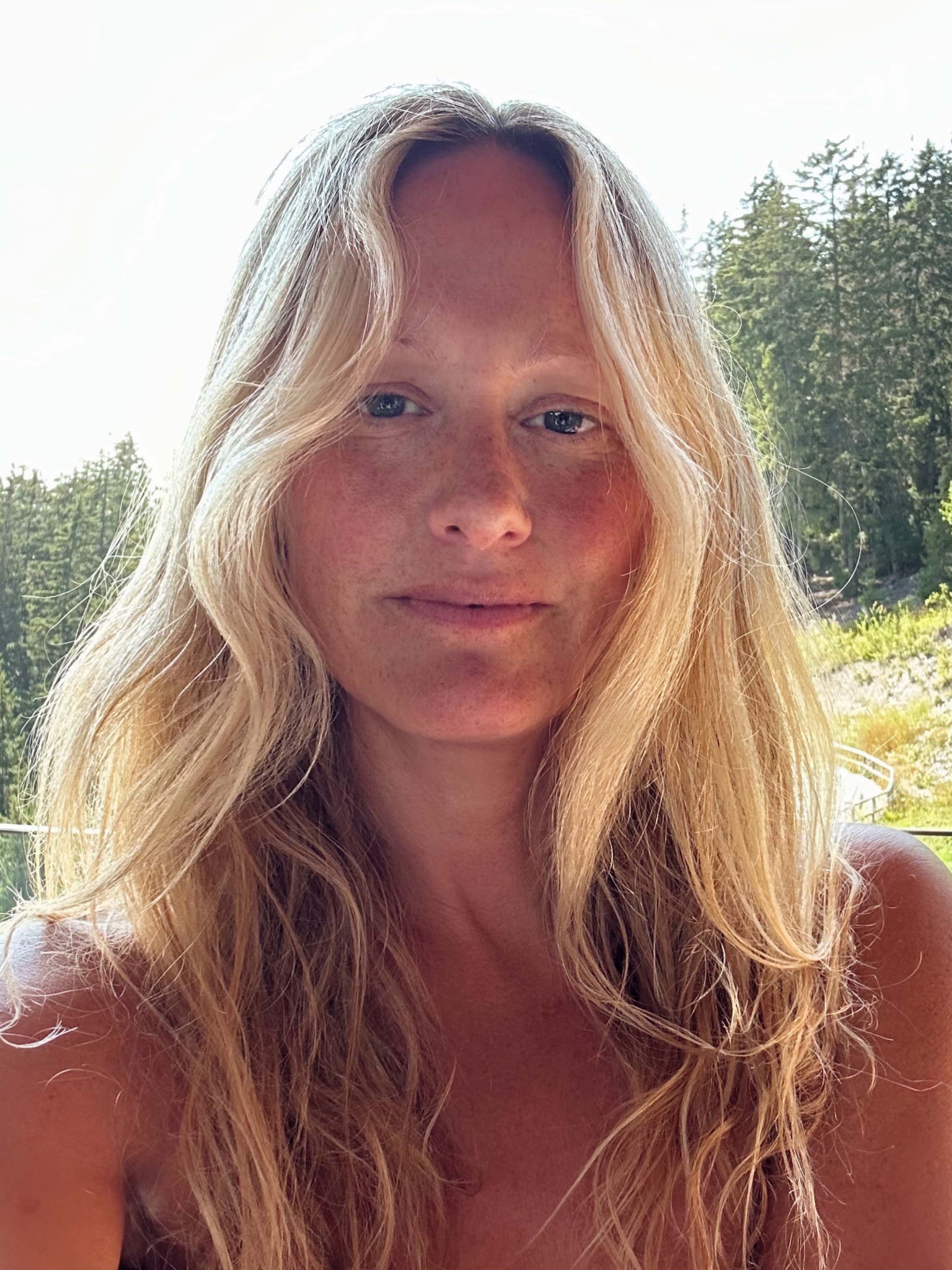In The Loop: Redefining luxury beauty - nature-positive brands leading the way
Discover the brands blending eco-credentials, quality, and ethics for a radiant, guilt-free glow
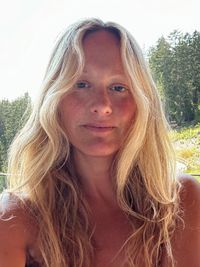
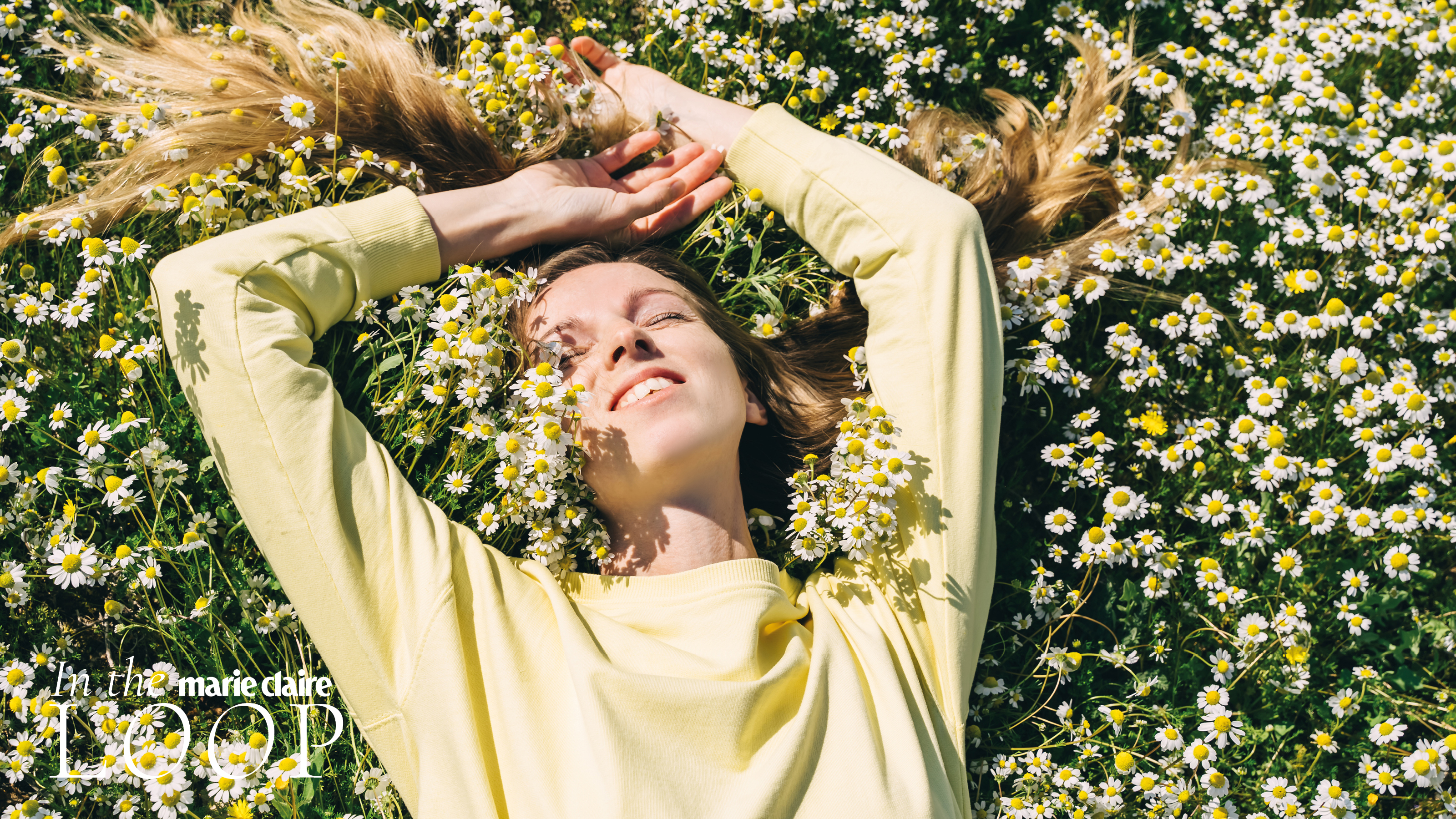
Celebrity news, beauty, fashion advice, and fascinating features, delivered straight to your inbox!
You are now subscribed
Your newsletter sign-up was successful
Today, the concept of luxury in beauty has undergone a significant transformation. It now embraces a holistic paradigm that values efficacy, ethical production, sensory indulgence, and environmental responsibility as much as it does aesthetic allure.
According to Positive Luxury, luxury beauty should be about superb performance, unparalleled user experience and superior ethics – and that means products and services designed, manufactured and delivered with genuine care and consideration for both people and nature, today and tomorrow.
“Nature-positive beauty brands are redefining quality and luxury,” says Amy Nelson-Bennett, Positive Luxury Co-CEO. “They are taking the time to only source from nature when it benefits the communities and ecosystems from which they source their raw materials – the beauty equivalent of the slow food movement. Blending that with innovative technology that stops us treating natural resources as if they were infinite while delivering consistency in product performance.”
Navigating this road isn't a walk in the park for brands; it demands a focus on quality over quantity. Yet, this dedication to sustainability and authenticity resonates with those of us who are values-driven when shopping. Here’s the lowdown on nature-positive beauty, what that means and the brands you need to invest in:
What is nature-positive beauty?
Being nature-positive in the beauty industry entails actively working towards reversing the current declines in biodiversity to allow species and ecosystems to recover. Companies can achieve this by integrating biodiversity considerations into their strategies, promoting social responsibility and sustainability in ingredient sourcing and conducting biodiversity footprint assessments.
Beauty companies, in particular, can have a significant impact on nature due to their use of microplastics, synthetic chemicals created by the petrochemical industry, plastic packaging waste and reliance on natural resources for ingredients like essential oils and pigments.
To ensure their actions go beyond surface-level sustainability, these companies are increasingly committing to initiatives that promote biodiversity conservation. For instance, Weleda, who have been using regenerative agriculture for 100 years, incorporates biodynamic and organic methods, so doesn't just stop the damage, it actually reverses it, conserves and rehabilitates the land and can be as productive and profitable as many other farming methods.
Celebrity news, beauty, fashion advice, and fascinating features, delivered straight to your inbox!
“Regenerative agriculture is one of the few examples where the human-being is making a positive contribution to the earth,” says Managing Director of Weleda, Jayn Sterland.
High-end brands such as Guerlain have also joined projects aimed at regenerative agriculture, replenishing biodiversity in sourcing areas, and supporting initiatives like Women for Bees that focus on preserving bees and ecosystems. Neal's Yard Remedies' Bee campaign promotes reducing harmful pesticides and supporting nature-friendly farming in the UK to protect bees and the countryside. The #StandByBees initiative aims to cut pesticide use, set reduction targets, lower toxicity, and help farmers adopt eco-friendly crop protection methods, safeguarding bees and the environment for future generations.
Is nature-positive beauty effective?
Luxury beauty isn't just about indulgence; effectiveness is key. Thanks to green chemistry and biotechnology, brands are now enhancing their products with nature-positive ingredients to effectively target concerns from hydration to boosting collagen.
“These ingredients, aligned with our skin's biology, support natural functions with plant oils and extracts, improving absorption and fortifying the skin’s barrier. Rich in antioxidants, vitamins, and fatty acids, they offer comprehensive benefits: combating stress, promoting renewal, and strengthening the lipid barrier,” says Neal's Yard Remedies co-owner, Anabel Kindersley.
Advances in extraction and formulation amplify the potency and integrity of these actives, ensuring their performance and compatibility with the skin. Medik8's Chief Product Officer, Daniel Isaacs, highlights the power of natural compounds like Oxyresveratrol, derived from the mulberry family, for its brightening effects. Tata Harper emphasises the rigorous testing of their natural formulations to ensure they meet, if not exceed, the efficacy of synthetic alternatives, providing a luxurious sensory experience without artificial additives.
Laura Rudoe of Evolve Beauty underscores the significance of green biotech in leveraging nature's wisdom for skin benefits, proving that the most effective actives can be nature-derived. Evolve Beauty prioritises natural and organic ingredients in their small-batch products (which means avoiding the use of artificial preservatives).
Indulgence in nature-positive beauty
The tactile and olfactory experiences of using beauty products have become paramount to enhance wellbeing with the artistry of scent, the pleasure of texture, and the overall aesthetic of the product design.
The textures of natural beauty products from the silky smoothness of a moisturiser, enriched with shea butter, to the gentle exfoliation of a sugar scrub infused with botanical oils, these textures not only feel good but they also work in harmony with your skin's natural processes.
Louise Rudoe contrasts this with synthetic products, highlighting how natural ingredients like organic cupuacu butter and argan oil surpass silicones in both sensorial experience and skin benefits.
“Our friendly bacteria can't assimilate and process silicones so they just sit on the skin as an inert and potentially pore blocking layer whereas natural oils can be processed by friendly bacteria and incorporated into the skin barrier layer, which will help to protect and nourish the skin,” says Rudoe.
The allure of a product's scent can hold a pivotal role in its luxury too. Natural products utilise the rich, complex fragrances of essential oils, delivering not just superior scents but also tangible skin benefits. Moreover, the environmental impact is undeniable.
“Synthetic fragrances, derived from petrochemicals, can harm both the ozone layer and human health, while the production and disposal of synthetics pose risks to ecosystems. In contrast, natural ingredients degrade harmlessly,” says Rudoe.
The luxury of a beauty product in this transformative era is defined by its ability to meet the highest standards of efficacy, ethics, sustainability, and personalisation. Here are some products we think make the grade:
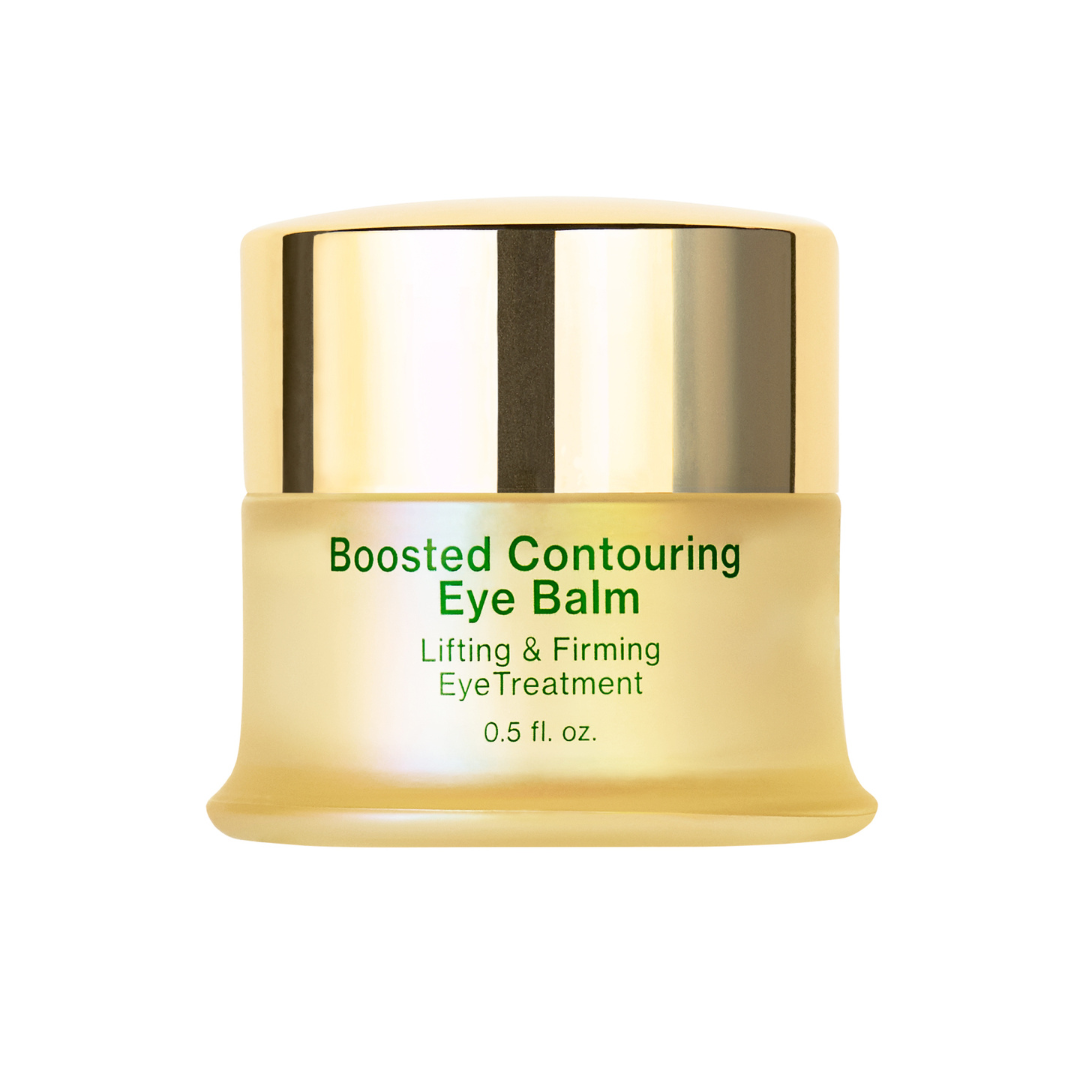
This balm is 100% natural and packed with 47 high-performance ingredients and blows me away. The triple retinol complex is gentle yet effective and the hydrators and elasticity-boosters work in harmony to firm up the skin, smooth out fine lines, and plump up areas. It is one of my favourite products as I see a visible difference when I use it and a pot lasts for six months but it comes with a steep price tag. Certified by ECOCERT, which evaluates the raw materials used in their formulas to ensure ingredients are derived from renewable resources, manufactured by environmentally friendly processes, and are free from GMO and synthetics.
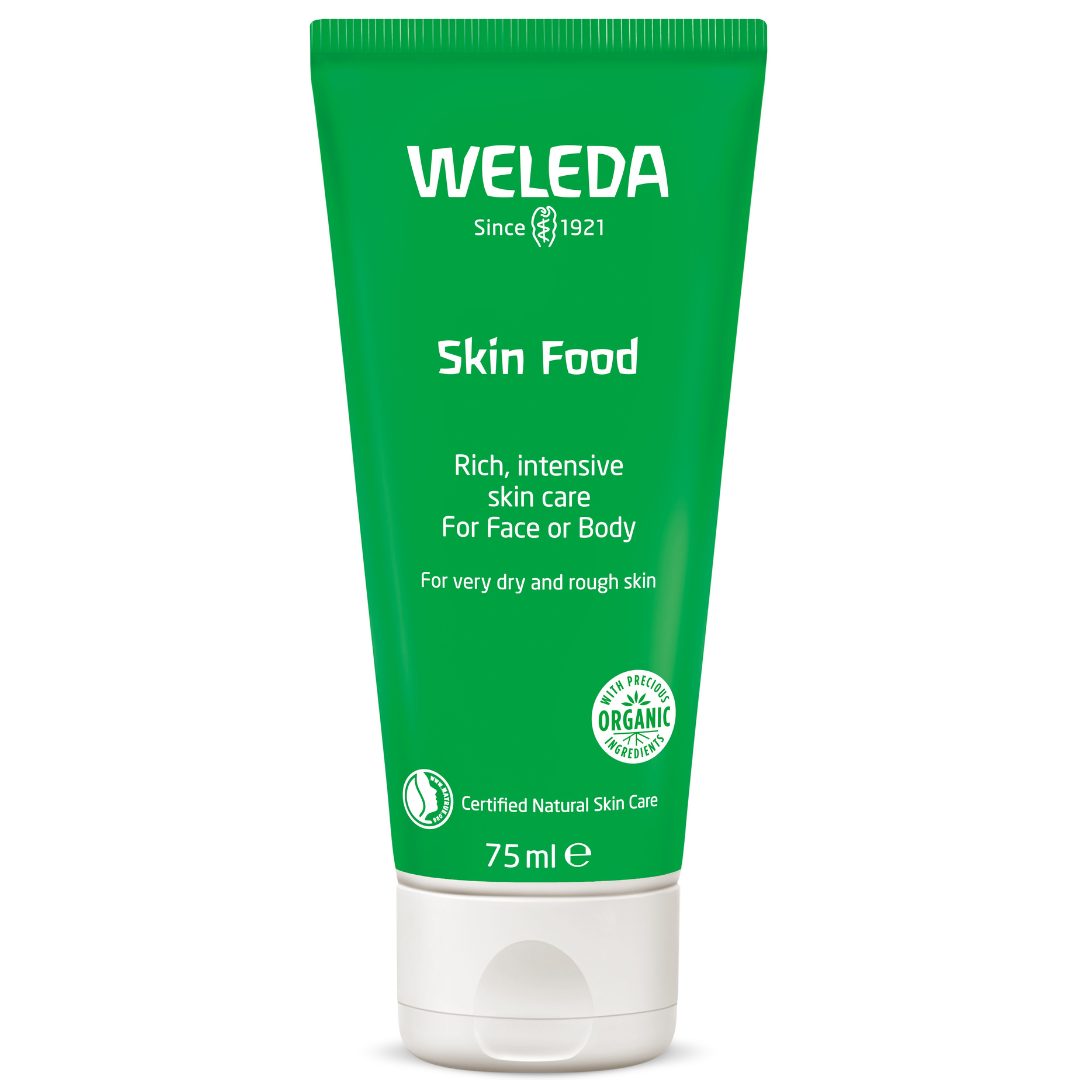
Weleda’s commitment to regenerative agriculture enhances their products' efficacy, including the beloved cream that's been a staple in my skincare routine for over a decade. By nurturing the soil and ecosystems where their ingredients grow, Weleda ensures each botanical extract is potent and pure, enriching their formulations and my skin. This approach not only contributes to the cream's hydrating and nourishing benefits but also supports biodiversity.
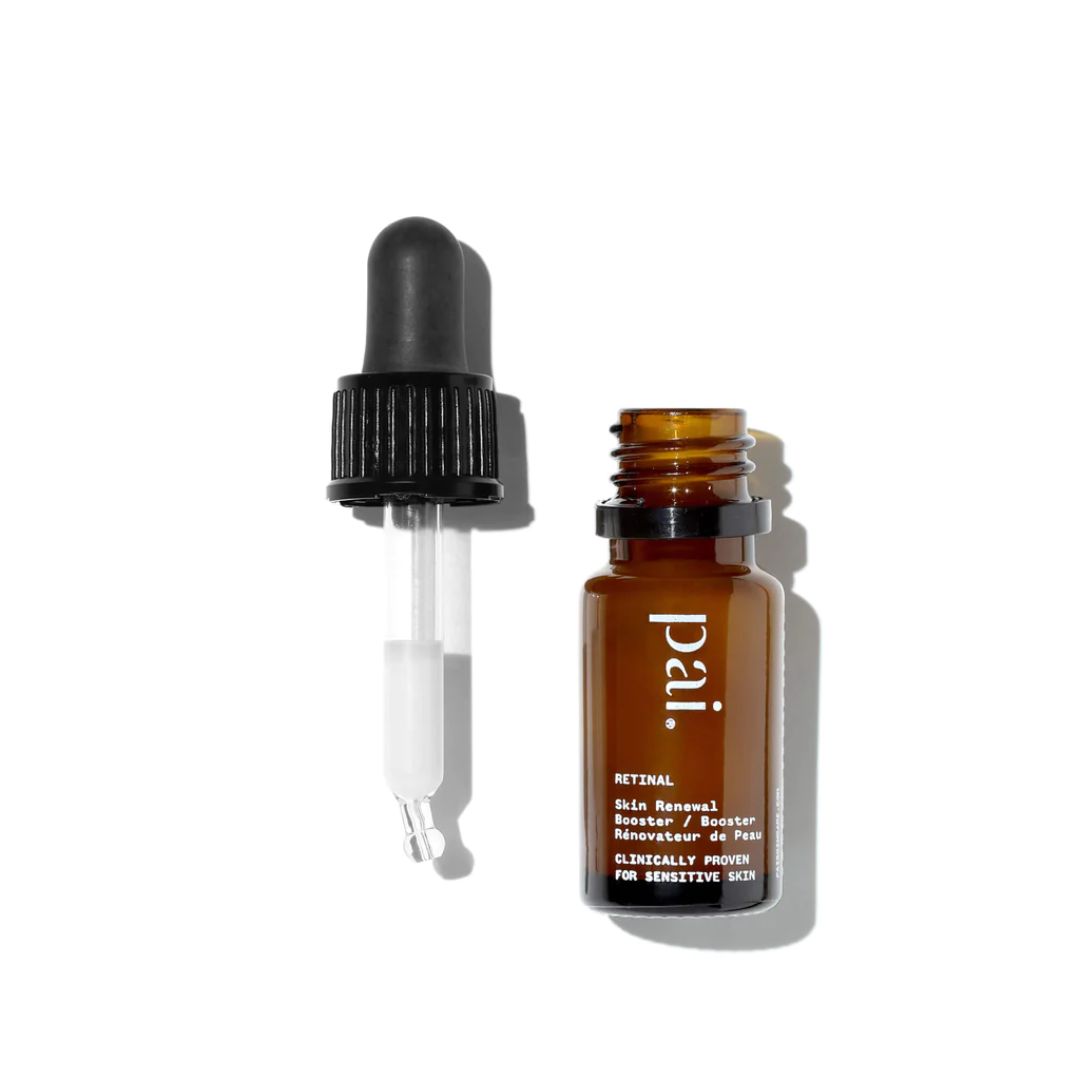
I've always been a bit wary of retinoids due to my skin being slightly sensitive but this serum has changed my perspective. It uses 100% natural retinal, sourced from pink salt lakes. It promises to rev up cell turnover so dials down fine lines. The addition of Prebiotic Inulin means it’s also gentle. It's all about bolstering the skin's barrier, making it resilient against irritants. I either mix 1-2 drops with my moisturiser at nighttime or apply it directly to my freshly cleansed face. Pai are certified by COSMOS Organic, emphasising their use of natural and organic ingredients and Leaping Bunny approved.
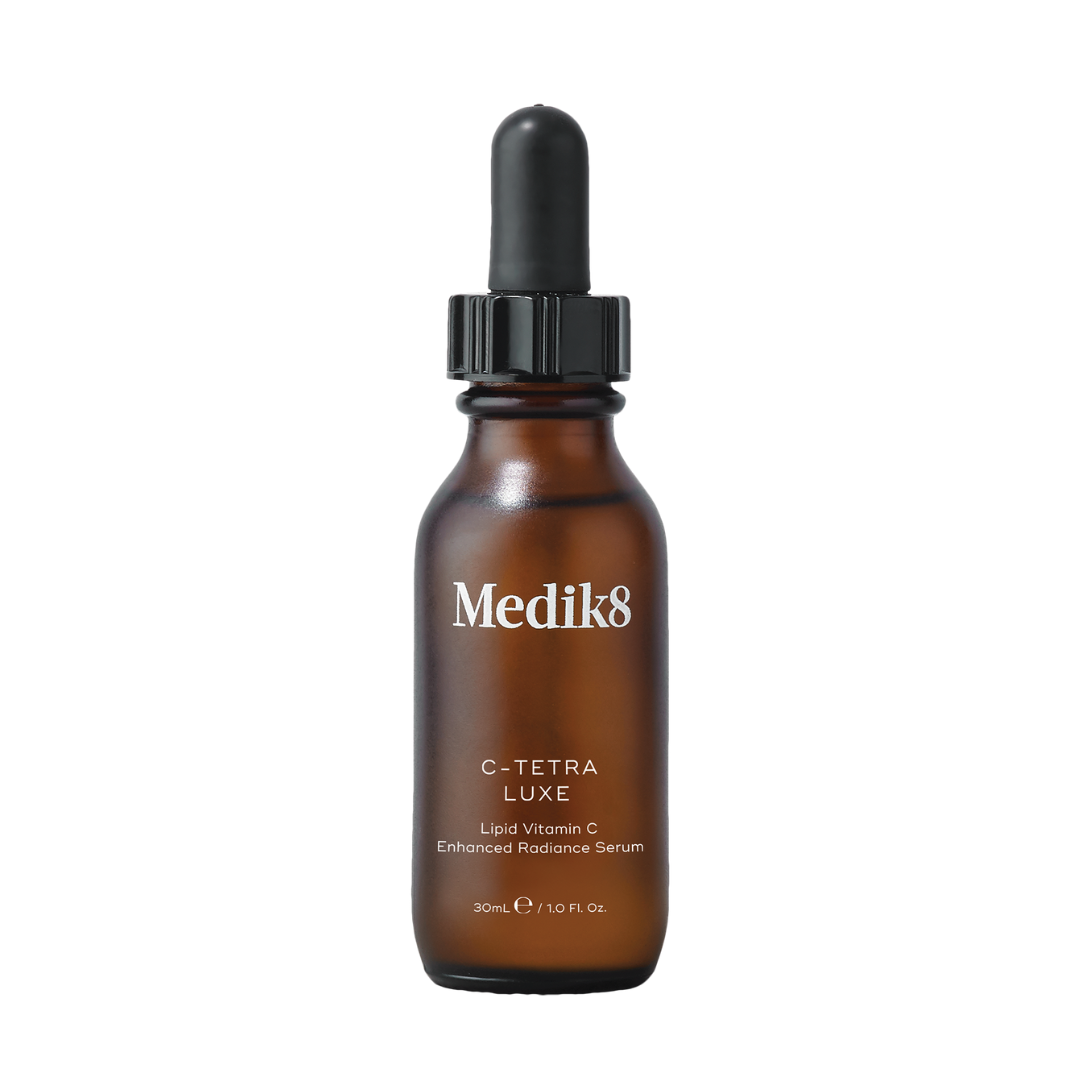
This serum has transformed my skincare routine. It effectively shields my skin from free radicals and environmental damage. It has a dual action, so not only enhances my skin's radiance, but also boosts its firmness. B Corp certified, Medik8’s commitment to green chemistry combines efficacy with eco-consciousness, focussing on using biodegradable components and recyclable packaging while ensuring ethical sourcing practices.
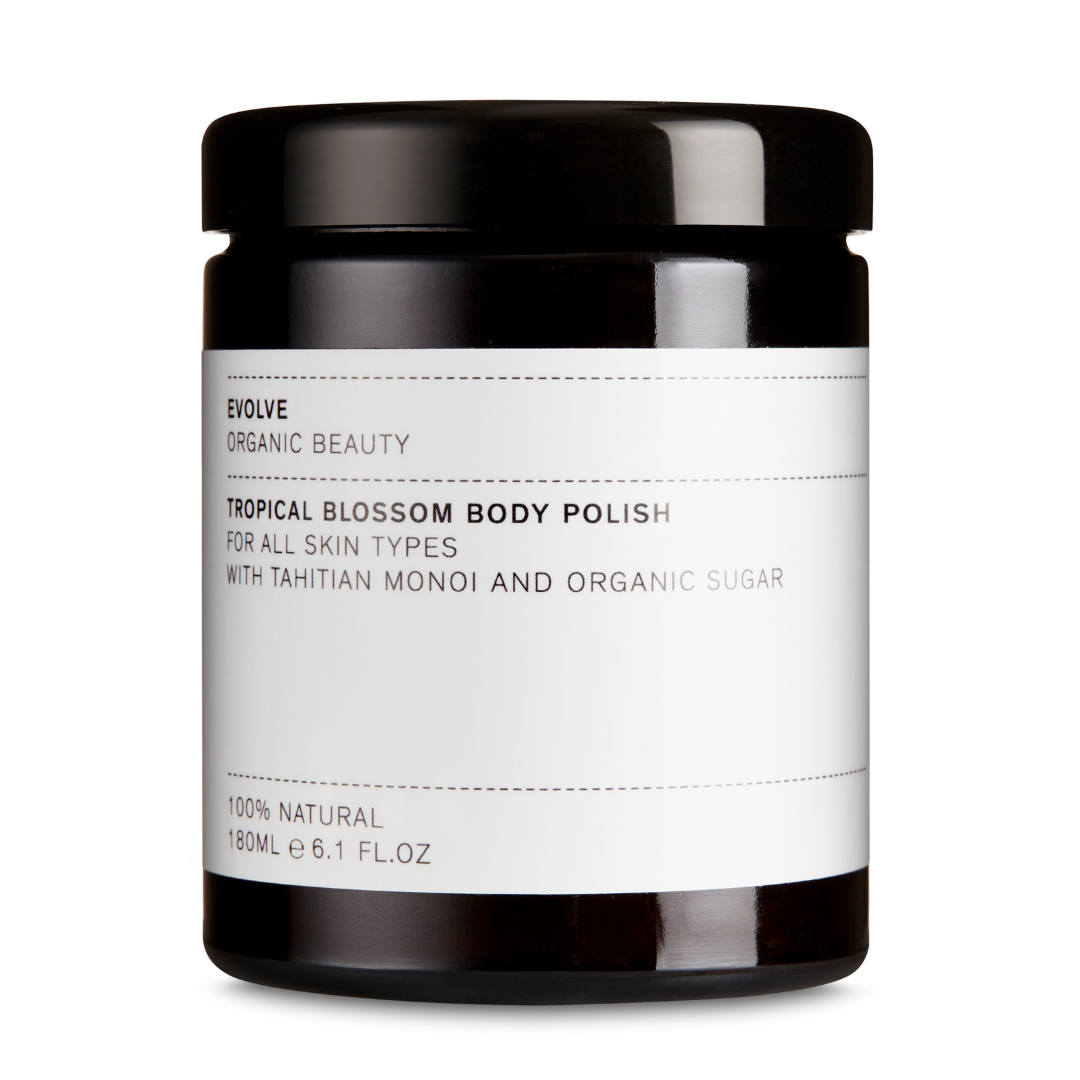
I haven't found a body polish that smooths my skin quite like this one—it's an effective scrub with fine particles, enriched with luxurious oils and butters, leaving my skin soft. Its scent captivates me too; it's gentle, evoking the ambiance of a Thai spa. Evolve's commitment to the planet shines through their sustainable practices: their products come in recyclable packaging crafted from post-consumer materials, cutting down on waste. They utilise renewable energy in their manufacturing process, and their pledge to use organic and natural ingredients promotes responsible farming practices. Certified with the UEBT label for sourcing with respect, ensures that biodiversity is being protected during the cultivation, harvesting and further processing of the nourishing ingredients they use.
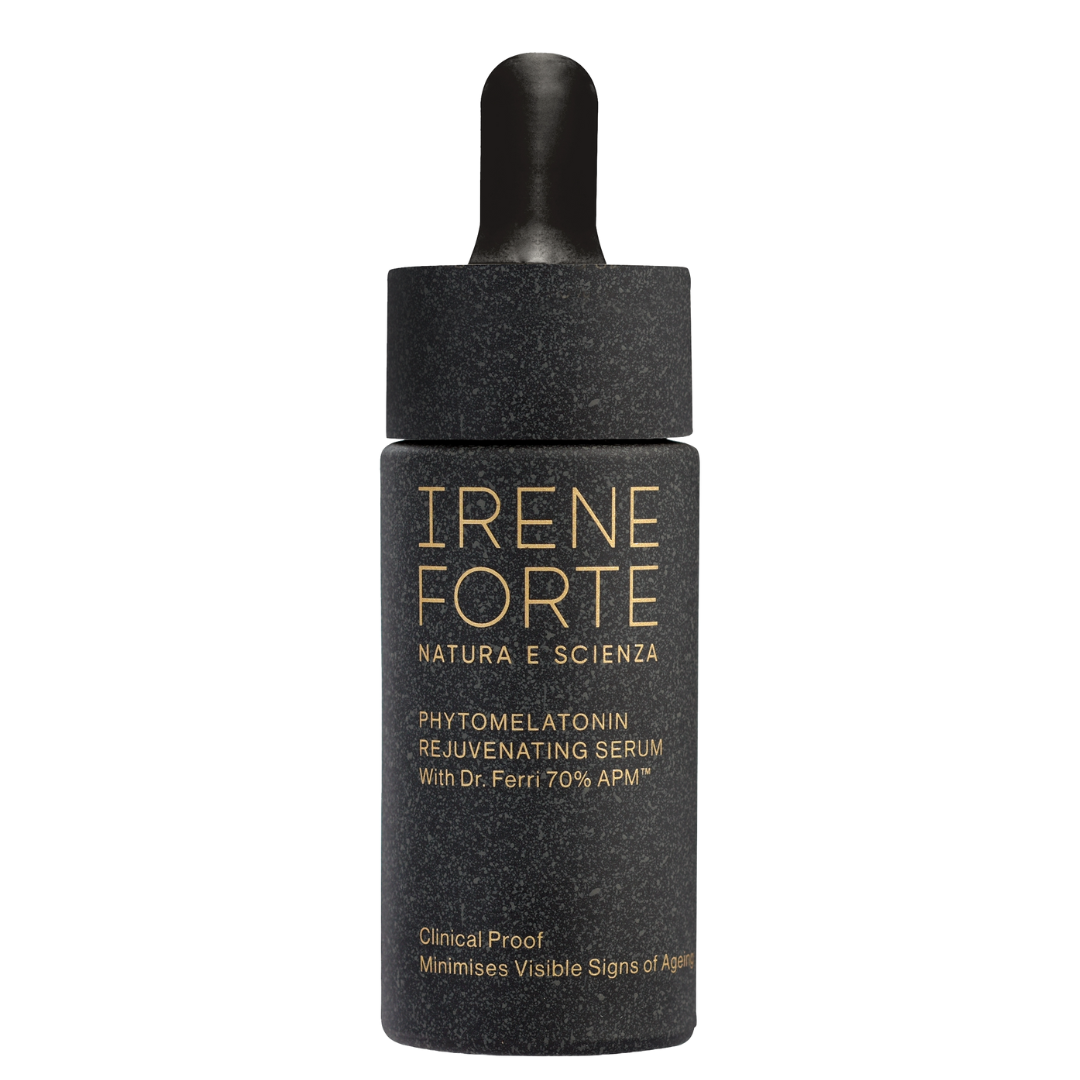
This formula took 35 years of dedicated research and has harnessed the power of plant extracts for a holistic skin-boosting serum that's potent but kind. It addresses ageing signs without the harshness typically associated with anti-ageing products. Again, the price tag is a bit hefty but it is an all rounder. Irene Forte is certified by B Corp and is Butterfly Mark certified by Positive Luxury.
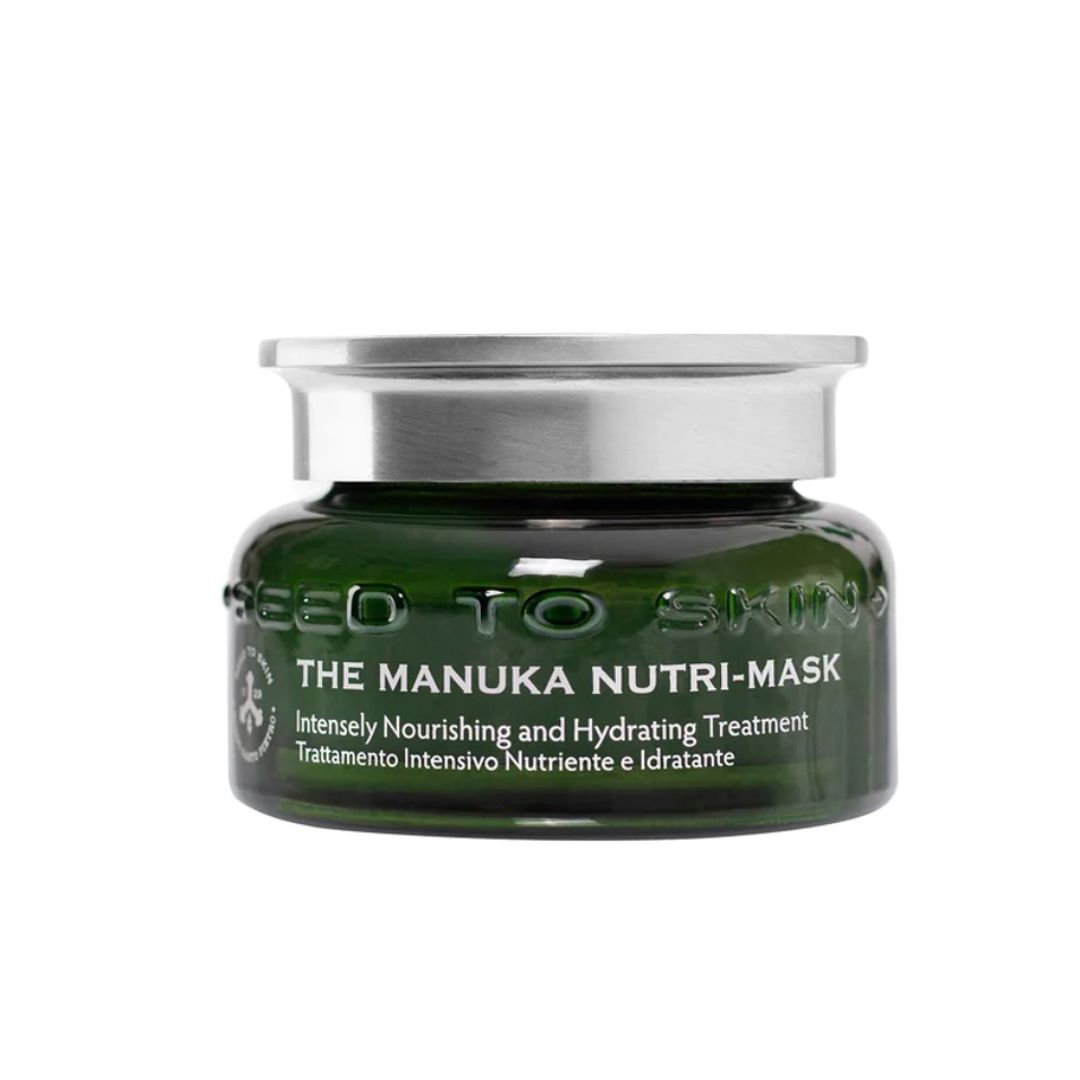
This is one of the richest masks I’ve tried. It’s packed with nourishing ingredients that leave my skin plumped up and rejuvenated. The Manuka honey's healing properties have visibly improved my complexion, reducing redness and blemishes. It's a luxurious treat that truly delivers on its promises. The ingredients come directly from the brand's organic farm in Tuscany, or are ethically sourced or wild-foraged. They don’t use synthetic fillers or preservatives, or contain artificial colours or fragrances, parabens or GMOs.
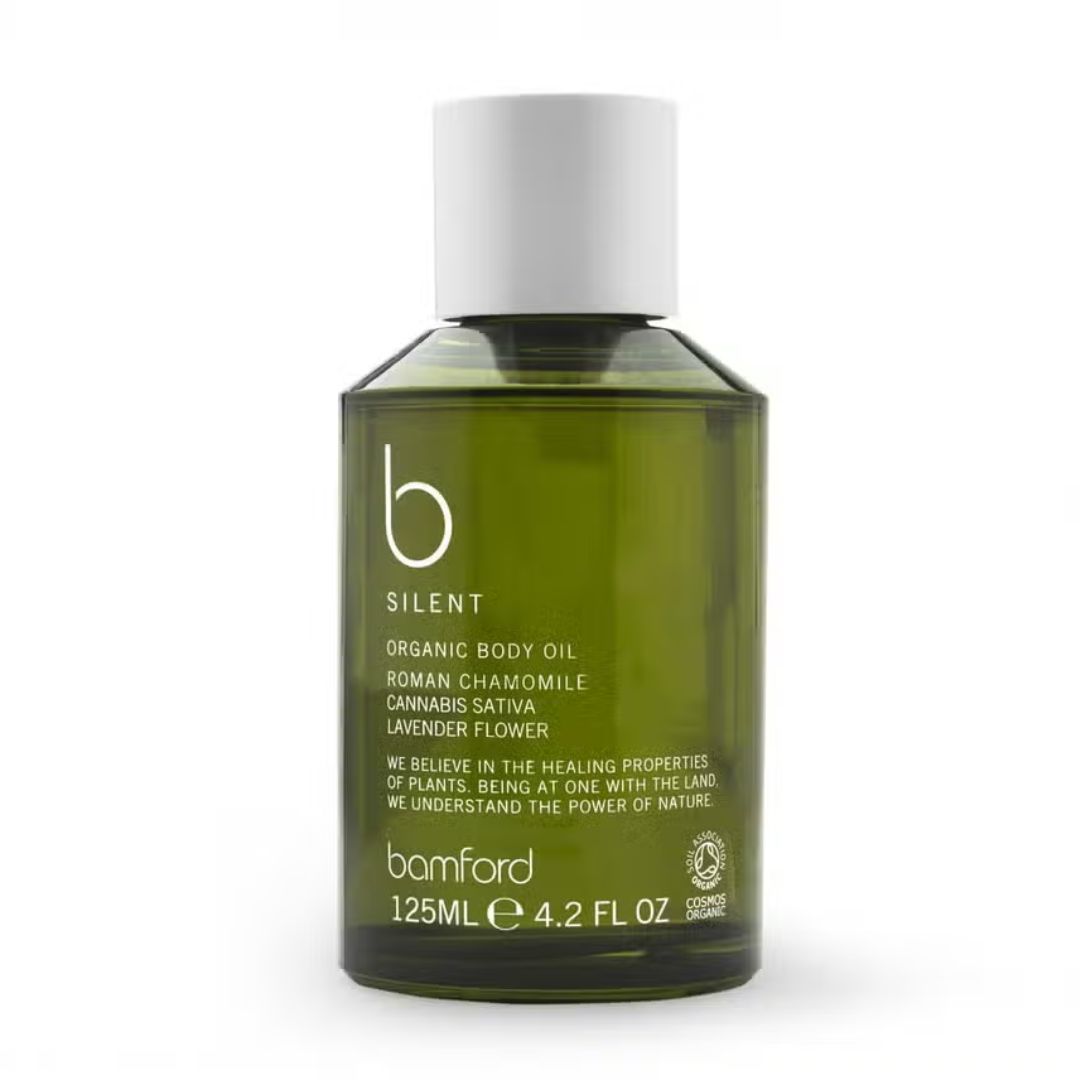
I use this oil before bedtime - packed with aromatherapeutic essential oils, coconut, sunflower, and sesame seed oils, also includes St John's wort, chamomile, lavender, and patchouli essential oils - I find really calming for deeper relaxation before bedtime. Bamford also have the Butterfly Mark certified by Positive Luxury.
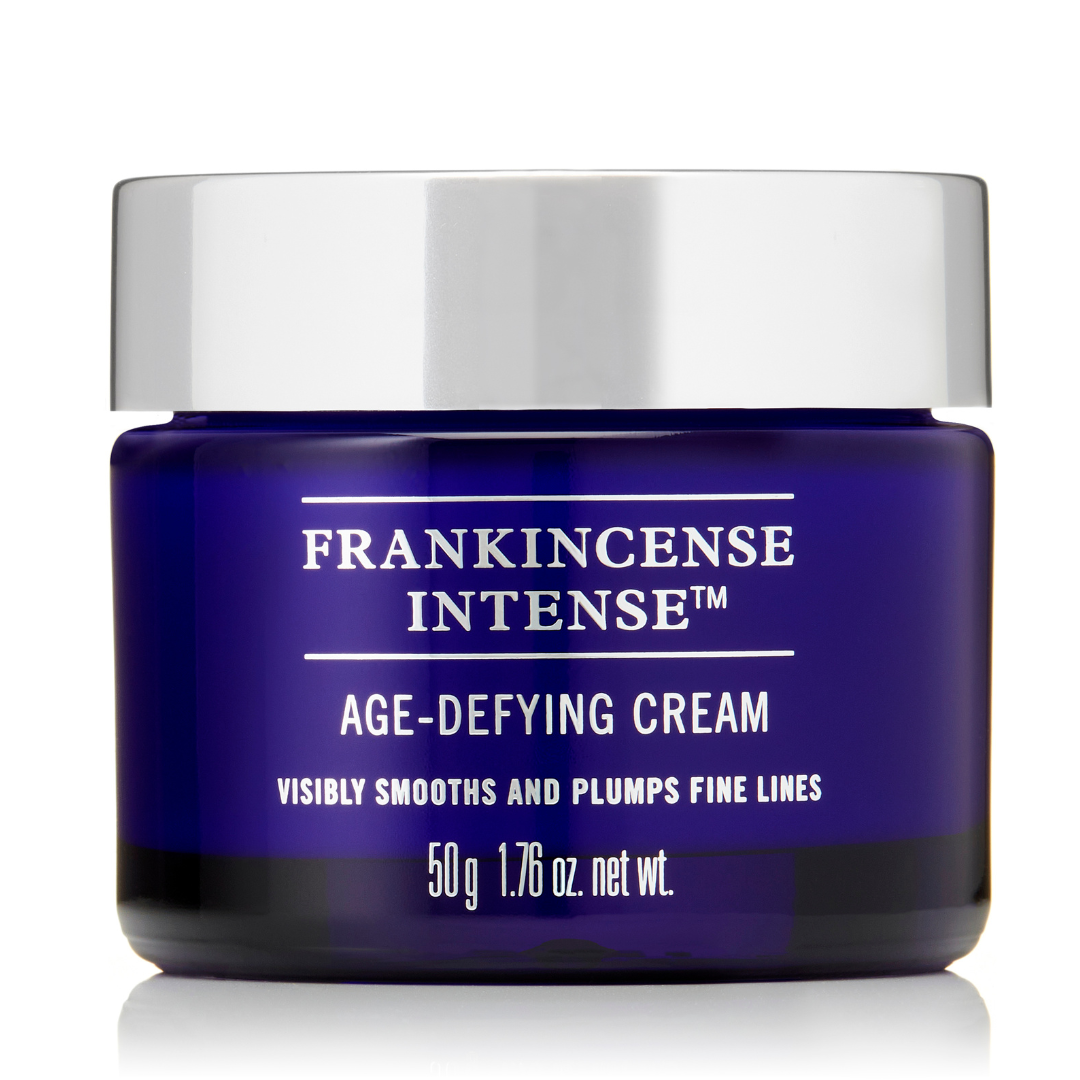
This moisturiser, which contains a 3-Peptide Complex, strengthens skin while making it supple. I love how nourishing this cream is with the blend of organic cocoa butter, macadamia, baobab, and argan oils. These oils are rich in essential fatty acids and vitamins. Neal's Yard Remedies hold certifications like Soil Association Organic and Fair for Life.
Lisa Oxenham is a trailblazing beauty editor, journalist, stylist, and creative director with over 20 years of transformative impact in the beauty industry. As the Beauty and Style Director at Marie Claire UK, she orchestrates high-profile shoots with celebrities and influencers, creating visually stunning and globally resonant content.
A passionate advocate for sustainability, Lisa serves on the Advisory Board for the British Beauty Council's Sustainable Beauty Coalition and the Media Advisory Board. She is also an ambassador for the Soil Association certification and the Amazon Research Institute. Through her "In The Loop" column, she keeps readers informed about the latest advancements in sustainable beauty and supports brands that champion environmental causes, emphasising the need for the beauty industry to reset its priorities.
Lisa's influence extends beyond words; she directs inspiring short films on sustainability and challenges in the beauty industry and is a sought-after public speaker. Recently recognised in the Who’s Who in Natural Beauty 2023, she also champions mental health and eco-conscious practices, demonstrating that glamour and environmental responsibility can coexist beautifully.
